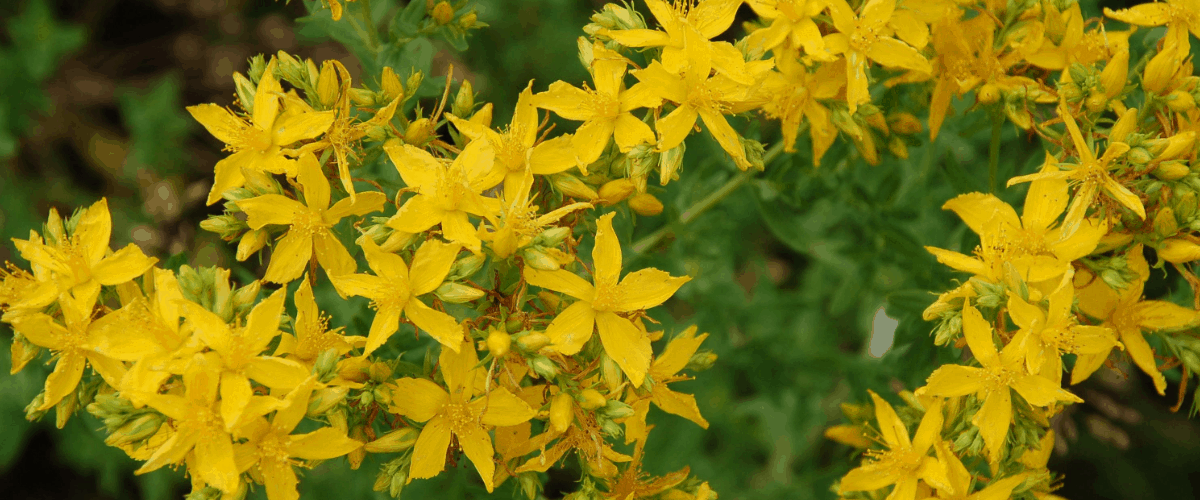If you’ve looked into herbal medicines, or even just enjoyed a good herbal tea from now and then, then you might have heard about St. John’s Wort. It’s a tremendously fascinating plant known to alleviate some common issues. But be wary, it can also come with some serious problems.
Officially known as Hypericum Perforatum, the green plant with yellow flowers is commonly known as St. John’s Wort. It’s believed it got its name due to its blooming season, which aligns closely with the feast of St. John the Baptist. But the plant itself has been used medicinally as far back as ancient Greek ages.
The Actual Effects of St. John’s Wort
So what’s so good about this plant then? It’s been used for numerous things, ranging from kidney and lung problems, to anti-depression and anxiety medicine. Not only that, but it’s commonly seen used to treat symptoms of menopause, as well. There are also instances of it being used as a topical agent for wounds, bruises, and muscle pain.
But is any of that legit? According to the National Center for Complementary and Integrative Health, yes. They’ve found that St. John’s Wort is more effective than a placebo at treating mild to moderate depression.
At the same time, however, they found that the herb was NOT effective at treating social anxiety, IBS, or various STDs, according to current evidence. The same can be said for ADHD treatment, seasonal affective disorder, and memory issues.
As for the wound treatment and menopause. Well, they aren’t actually quite sure yet.
The Risks of St. John’s Wort
We mentioned St. John’s Wort having some serious problems. And they do! The herb is infamous for causing a large number of other medications to become less effective. Research suggests that consuming any of the plant on its own for up to 12 weeks is safe. But due to their effect on other medicines, it might not be. If this is of any concern, consult the doctor that handles your prescriptions.
Medicines that St. John’s Wort can make less effective:
- Anti-depressants (kind of ironic, isn’t it?)
- Birth control pills
- Transplant anti-rejection pills
- Various heart medicines
- Various HIV medicines
- Various Cancer medicines
- Blood thinners
The herb is also suspected to cause problems during pregnancy. It’s caused birth defects in animal tests, and breastfeeding mothers report drowsiness and fussiness.
St. John’s Wort: In Summary
It sounds like consuming St. John’s Wort is fine if you are not actively on any medications. You don’t have to avoid it in your tea or anything. And if you’re also experiencing depression, it may be beneficial to take some. But if you take medication and there’s any concern regarding that, avoid it until you can ask your doctor.

